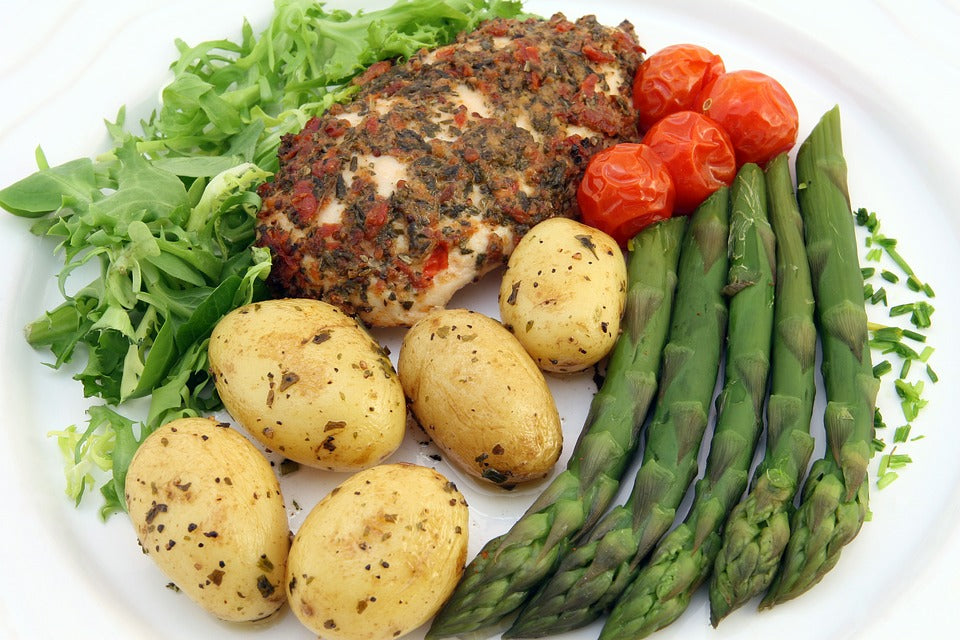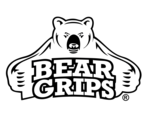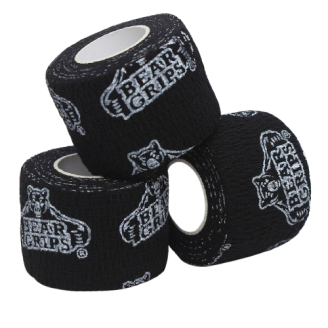
High-Protein Cross Training Diets for Athletes: Do They Really Work?
Share
In order to lose some pounds and build muscle mass, you need a diet low in carbs but high in proteins to sustain the growth of lean muscles. The importance of a high-protein CrossFit diet in weight loss has been the subject of debate because some researchers argue that these diets don’t work. Most Americans get 10 to 30% of their calorie needs from protein diets. The rest comes from animal proteins including cheese, meat, and eggs.

How High-Protein Diets Work?
When you cut out carbohydrates intake, your weight loss is much faster because you also lose water. With no extra carbs, the body slowly begins to burn more fat for fuel. In many individuals, this may lead to a condition known as ketosis that makes you feel less hungry hence lower chances of eating more.
When setting a high-protein CrossFit nutrition plan, you should ensure the diet is low in fat and brings together some carbs. Ensure you avoid extreme high-protein diets containing huge helpings of fatty meals and not much of grains and vegetables. Some of the suggested foods in protein diets include:
Lean Beef

A nice juicy steak has less of fat and more of proteins. According to research, lean beef contains almost half of the proteins you need as well as 10 other essential nutrients. It makes you feel fuller for longer and gives you the power to sustain activity and manage your weight. Apart from this, lean beef has iron and B vitamins that assist in the building of muscles and fueling an active lifestyle.
Pork

Just like lean beef, pork has plenty of protein and less of fat as long as you buy the right type. Top loin, tenderloin, sirloin steak, rib chops and shoulder blade steaks are much leaner and will give you all these nutritional benefits. Pork is a rich source of niacin, thiamin, riboflavin, phosphorous, vitamin B6, zinc and potassium. These nutrients have a significant impact on your body health as an athlete and help in the absorption of other nutrients.
Fish

Fish such as tuna and salmon contain omega 3 fatty acids which are invaluable to cardiac health. Being white meat, fish provides a healthy source of protein while keeping the fat level at a bare minimum.
Soy
Eating about 25 grams of soy protein on a daily basis can help lower the bad cholesterol. As an athlete, cholesterol levels can impede your CrossFit training performance by hindering the activity of the heart and blood circulation. For vegetarian athletes, soy can be an important source of proteins.
In addition to the above foods, an athlete can benefit from low-cost proteins which include beans and low-fat dairy. For maximum effectiveness of protein diets, ensure you include fruits, veggies, and whole grains.


